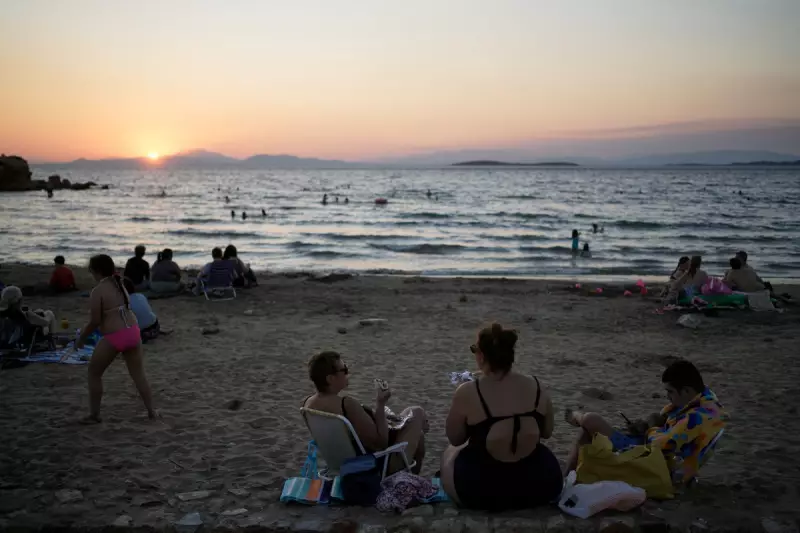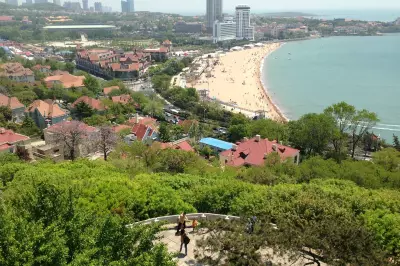
Fed up with the relentless tide of visitors trampling its precious heritage, Greece is declaring war on overtourism. The country is implementing a bold new strategy to protect its world-famous archaeological sites from the damaging effects of mass tourism and Instagram-fuelled crowds.
The move comes after years of growing frustration among locals and officials, who have watched iconic locations become overwhelmed. The ancient Acropolis in Athens, a symbol of Western civilisation, has become a primary focal point due to the immense pressure it faces daily.
Beyond the Selfie: The Cost of a Picture
The government's plan is multi-faceted, targeting the root causes of congestion. A key measure is the introduction of strict time-slot systems for visitors to major sites, aimed at smoothing out the overwhelming peaks in traffic. There are also talks of capping the total number of daily entries to prevent irreversible damage to millennia-old monuments.
This isn't just about managing crowds; it's a direct response to specific tourist behaviours. Authorities are cracking down on practices deemed disrespectful, such as illegal sunbathing on ancient ruins, straying into restricted areas for the perfect photograph, and causing undue wear and tear.
A Local Backlash Against 'Touristification'
The sentiment on the ground is one of exhaustion. From Athens to the idyllic islands, residents have taken to the streets in protest. Their grievances are clear: skyrocketing rents pushed up by short-term lets, traditional neighbourhoods losing their character to souvenir shops, and a general feeling that their home is being treated as a mere photo backdrop rather than a living, breathing community.
The new policies are a direct acknowledgement of these concerns, signalling a shift from purely pursuing tourist numbers to prioritising sustainability and quality of experience.
The Future of Travel to Greece
For travellers, this means a new era of visiting Greece. Tourists will be encouraged to explore beyond the well-trodden path of the Acropolis and Santorini, dispersing to lesser-known gems across the country. The government is promoting off-season travel and alternative destinations to alleviate pressure on hotspots.
The message is clear: Greece is open for business, but on terms that ensure its cultural treasures and the well-being of its citizens are protected for generations to come. The world's original tourist destination is redefining what it means to be a responsible visitor.





